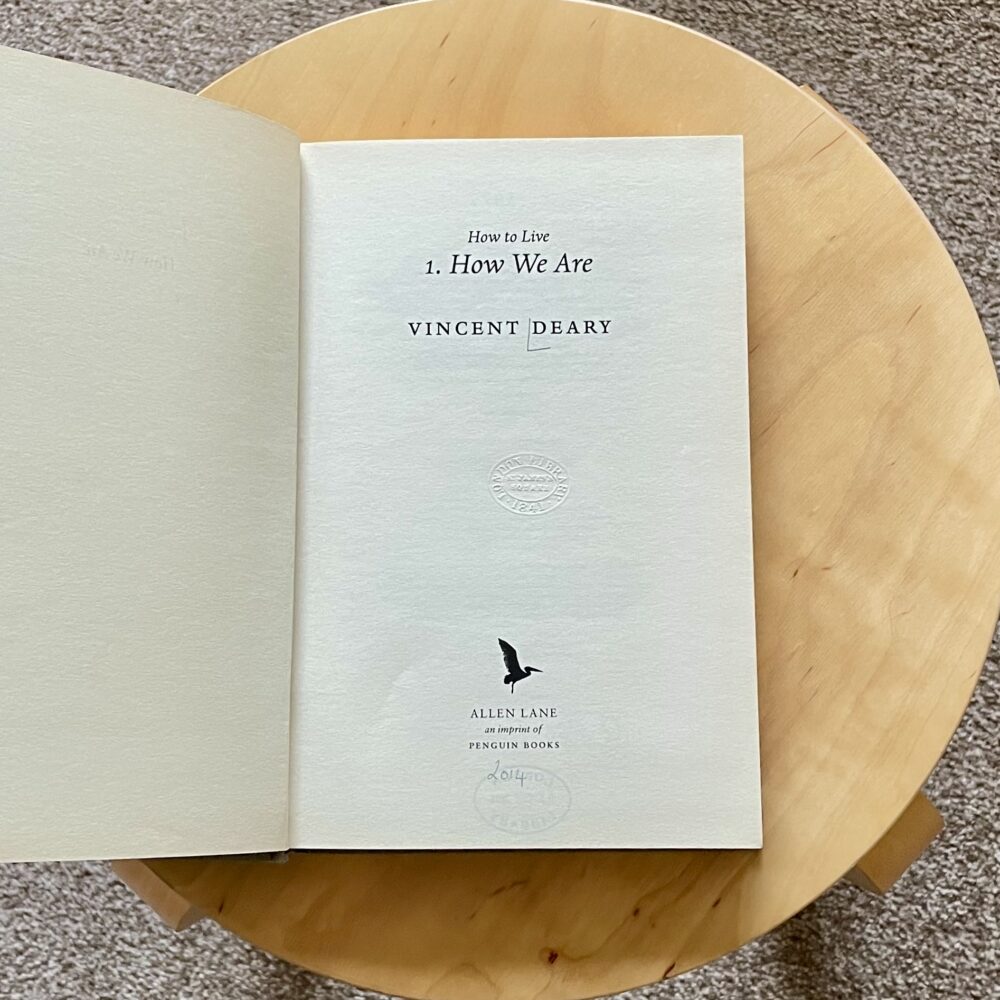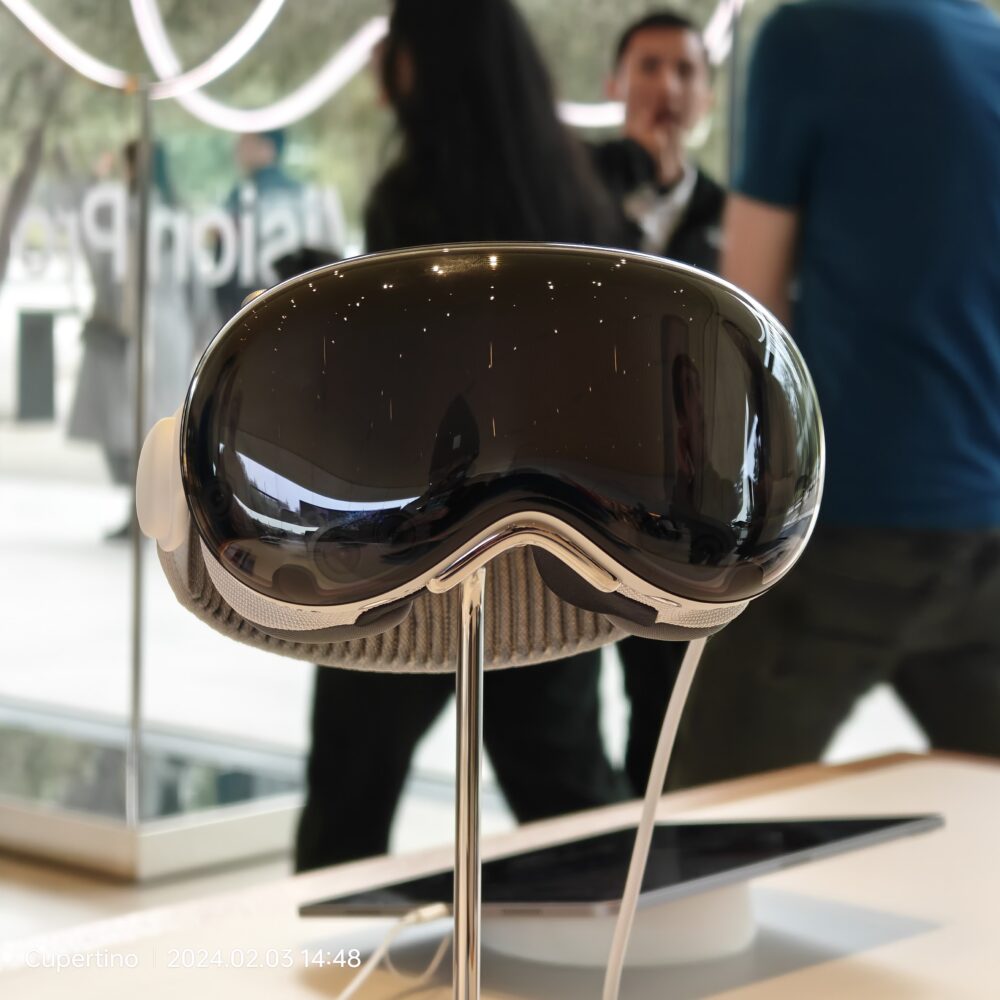MTAS: Doctors ask police to investigate
Over 130 medical staff have written to the Metropolitan police commissioner to ask for an investigation into the leaking of hundreds of medical students’ data onto the internet.
We believe there have been serious breaches of the Data Protection Act that could potentially compromise public safety and pose specific risks of financial exploitation and harassment to medical students and junior doctors.
We are uncertain whether the circumstances surrounding this amount to criminal negligence by the Department of Health and associated agencies, but have concerns that such alleged mishandling of personal data may make it possible for unscrupulous individuals to utilise this data for criminal purposes.
We believe this may justify a criminal investigation by the Metropolitan Police because of the issues outlined below. Copies of this letter have also been sent to the Director of Public Prosecutions and the Information Commissioner …
Arguably, this instance may contravene Article 8 of the Human Rights Act for the Right to Respect for Private and Family Life. A further consideration is that of identity theft for pecuniary purposes. Junior doctors present a soft target for identity theft criminals and particularly those with information technology expertise. The sensitive personal data made available could be utilised for fraudulent activities and exploit the relatively favourable credit histories of junior doctors …
We have grave concerns that the sensitive personal information made available may fall into the wrong hands and be used maliciously.
It is well recognised that determined individuals have impersonated medical professionals in the past and put patient safety at risk (Hansard – written answer 76616 – Impersonation of Doctors – 4th Nov 2002). Sensitive personal data could be utilised for Criminal Records Bureau authorisation as a means of working with vulnerable children and adults.
The worst case scenario is that child sex offenders may gain access to settings such as paediatric wards, GP surgeries and other healthcare settings because they have stolen the identity of a junior doctor or medical student.
You can read the full letter here.
Just how damaging does it have to get before Patricia Hewitt will realise she’s a complete, unmitigated failure? I don’t ever remember reading anything quite so damning signed by quite so many doctors.
Though I guess if she ends up in court over this, Mad Pat will, at least, be able to plead insanity.
This post was filed under: Miscellaneous.

 I thought we’d hit
I thought we’d hit 


